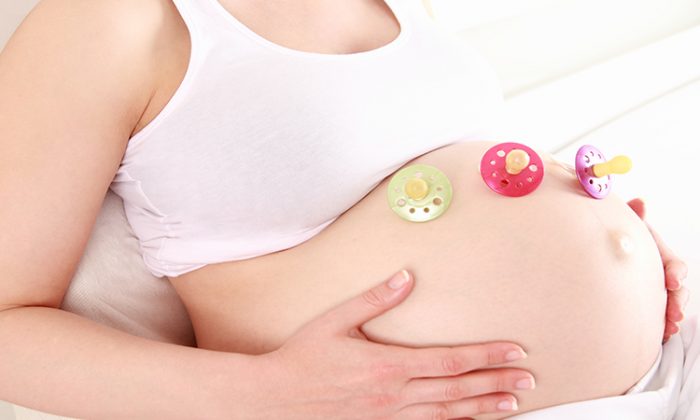
While the likelihood of having triplets is extremely rare, for one Liverpool mother, her trio of sons is far, far rarer than most multiple births.Then-23-year-old mom Becki-Jo Allen was nine weeks pregnant when she went to the doctor complaining of a headache. The good news, of course, was that she was expecting again; after having her daughter Indiana three years prior, the mom had been hoping to see her family grow.
What she wasn’t expecting, though, was how many babies she was having (not to mention what she learned afterwards). Not only was she pregnant, her doctor confirmed, but she was expecting triplets!“It was the biggest shock of my life,” the mother told the Independent Echo. “We haven’t got any triplets in the family so it came completely out of the blue.”The single mom went in for weekly scans and tests throughout her pregnancy to make sure all three babies made it, then delivered via C-section at 31 weeks. All three infants set of boys named Rocco, Roman, and Rohan were discharged within a few weeks of their birth.
At her delivery, Allen was assured by her doctor that the triplets were fraternal. After all, it’s already rare enough to naturally conceive triplets the birth rate for multiples higher than two is roughly 5 per 100,000 live births, and they’re almost never identical; indeed, that would require the fertilized egg to split not just once, but twice, in order to conceive three identical babies with perfectly matching DNA. In the weeks following the trio’s discharge, though, Allen noticed that people had trouble telling them apart. Even she, their mother, could find little discernible physical difference between her three sons.
Curious, Allen had their DNA tested to see why they looked so similar. When the results came back, she was absolutely floored. All three boys were, indeed, identical triplets. Identical triplets are so rare that doctors haven’t been able to accurately pin down the frequency of the occurrence. It’s estimated that the likelihood of having three identical babies could be anywhere from “one in a million,” as the old saying goes, to 1 in 200 million, and there are only a handful of known cases in the world today. As rare as they might be, though, Rocco, Roman, and Rohan all came from the same egg.
But for Allen, she doesn’t have trouble telling them apart. She said, “I don’t get them mixed up it’s only when they’re asleep that they look the same to me.”“They all have completely different personalities,” she added.
While it’s believed that the instance of fraternal twins or triplets is genetic a woman’s genetic makeup can predispose her to release multiple eggs in a single fertilization cycle identical births are, it would seem, truly a stroke of luck, with no known genetic factor explaining why fertilized eggs sometimes split into multiple embryos. For Allen, though, the numbers behind the phenomenon likely don’t mean much. For her, the existence of three happy, healthy new babies has to be what matters most!